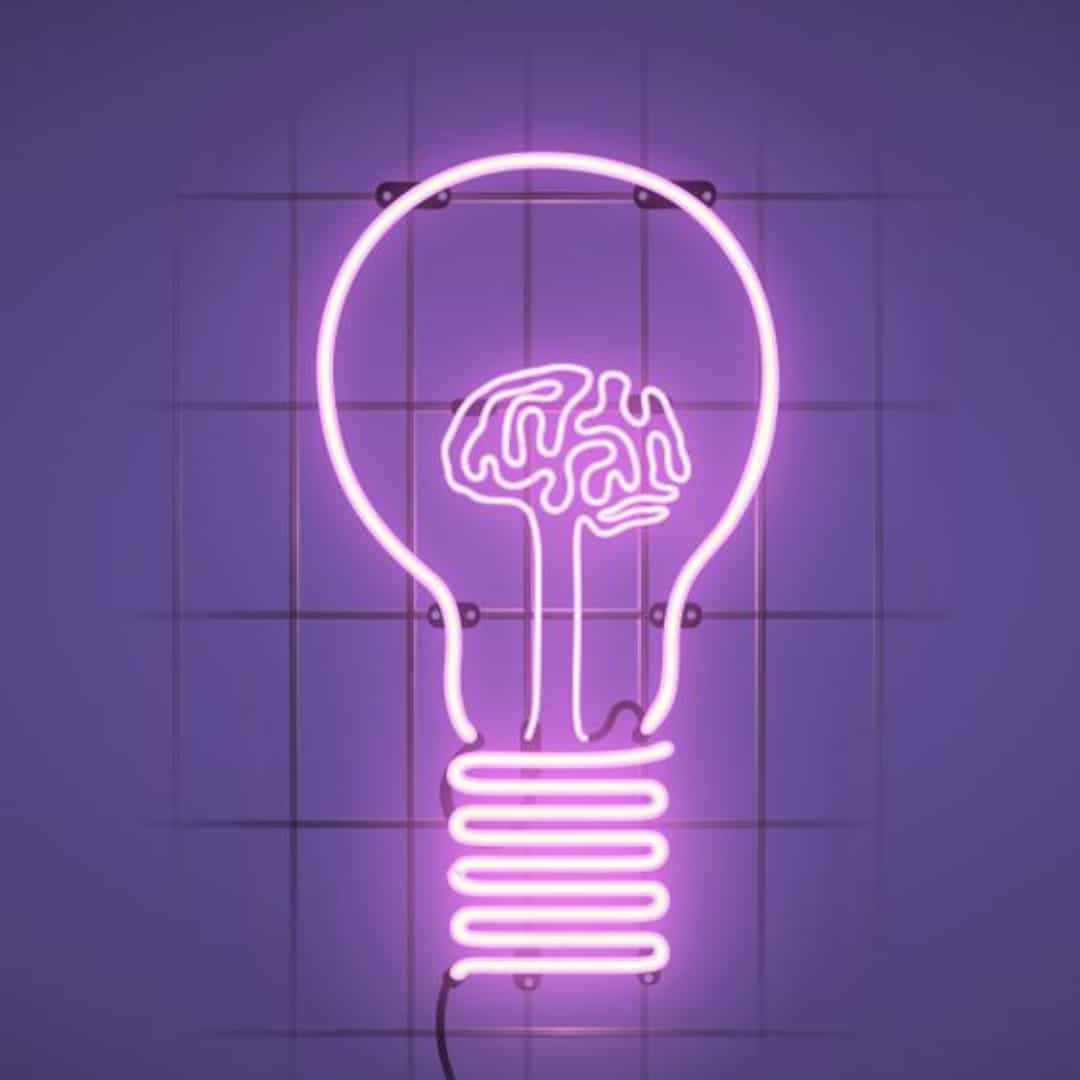An Introduction to Nootropics
Nootropics, or “smart drugs” are the new big thing.

CEO’s are taking them to get an edge on the competition, elite athletes are taking them so they can work out longer, go harder and ignore pain. Students are taking them to stay awake long into the night and cram more knowledge, then go into tests without any sleep and ace them.
People just like you and me are taking them in increasing numbers.
That’s why, whether you’ve heard about them, or not, Nootropics are a growing industry. Valued at around $1.3 billion dollars in 2016, the industry is set to grow by 15 – 20% per year, up to $6 billion in 2024 (1).
But what are nootropics? What do they do? Do they actually work? And should you be taking them?
What are Nootropics?
Nootropic literally means “mind changer”, and it’s the general term for a whole host of supplements, chemicals and drugs – both natural and synthetic – that supposedly affect the mind in positive ways.
What Do Nootropics Do?
Nootropics work primarily by increasing blood flow and protecting the mind against toxins and oxidants (2). This phenomenon was first studied in patients suffering from a host of age related and genetic neurological disorders, but as time goes on and the industry, and therefore market, gets larger, the amount of research on the subject only increases, to the point that there are now thousands of papers on the subject (3).
We already know there are drugs and other chemicals out there that affect our brains. In fact, some of the most widely used nootropics might be things that you buy every week without a seconds thought.
We already know about a whole range of CNS (central nervous system) stimulants, natural and man made, that improve attention, keep you alert, increase energy and possibly mood, and also increase heart rate and breathing. (4) The most ubiquitous of these is simple. Caffeine. But further research and development is increasing this list at an alarming rate.
What Are the Most Popular Nootropics?
As we’ve said above, the list of nootropics is wide, and covers everything from naturally found substances, all the way to recent, laboratory created smart drugs. The most popular, both in wide use and effectiveness, are below.
Caffeine
Caffeine is the most widely used psychostimulant drug, and possibly the most widely used drug in the world.
Contained in everything from your morning coffee, teas and cocoas, energy drinks, and caffeine supplement pills, we take caffeine because of the effect it has on alertness and wakefulness.
Caffeine works by mirroring adenosine molecules, the chemical produced by our brains that makes us feel tired, preventing the chemical from binding with neurons and keeping us awake. It also causes blood vessel dilation and increases blood flow, hence why too much caffeine can actually be harmful (5).
L-Theanine
Found mainly in tea, L-theanine is an amino acid, but also has wide usage as a supplement.
200mg of L-theanine has been shown by studies to have a calming effect, and even 50mg, of the amount you would get from two small cups, increases brain alpha wave production, which is linked to relaxation and creativity (6)(7).
Creatine
Most would know creatine for its use in muscle building and exercise. But it also has several proven beneficial effects on brain function.
In the same way that creatine can fuel muscular cell function, it binds with phosphates in the brain, creating phosphocreatine, a molecule that is used to fuel your brain’s processes (8).
Low doses of creatine, around 3-5 grams, have been tested to be completely safe. Higher doses are still untested (9).
Piracetam
Piracetam is a man made, widely used drug that’s primarily used to slow the effect of diseases like Alzheimer’s and dementia.
Its original intent was to improve memory, but on top of that, it also improves focus and energy, attention span, and may even enhance cognitive ability (10).
However, there have been relatively few studies on the effects of Piracetam, so it’s not FDA approved in America.
Phenibut
Developed in Russia in the 1960s, and aimed at treating anxiety disorders and depression, it is widely used in that part of the world, but not approved anywhere in Western Europe or America.
As an anti-anxiety medication, it is certainly powerful, and as a nootropic it can have a major calming effect and allow for increased social fluidity and grace. But the side effects are manifold, and even though it is legal in most places across the world, it should be very carefully used, if used at all.
Modafinil
Created to treat sleep disorders, modafinil has a powerful wakefulness effect, as well as a list of other benefits including motivation, better memory, improved mood and can even help stave off drug dependency symptoms whilst in withdrawal. Unlike many others on this list, modafinil has also been extensively tested, so the benefits are well known (11)(12).
Potential downsides? Modafinil is a prescribed drug, and a controlled substance, almost everywhere in the world. It also has a long list of side effects, though most are relatively minor.
Adderall and Ritalin
Both of these drugs are prescription only, and designed for use with ADHD disorders. As stimulants, they work by affecting levels of two brain chemicals, dopamine and norepinephrine, which affect focus and mood.
This effect is what has also caused their use as a nootropic to skyrocket, especially amongst students and those in high pressure careers.
However, there are a number of significant side effects, and as prescription drugs, they’re a controlled substance.
Do Nootropics Live Up To The Hype?
Short answer: No.
Long answer: It depends.
Whilst there are definite positive effects that come from using all of the above supplements and stimulants, they also come with significant downsides.
First of these is that nootropics, like all drugs, affect each person differently. Whereas one person might see a large effect from a small dosage because of their particular body make up and brain chemistry, another person might see little to no effect.
Second, nootropics aren’t magic pills. You can’t take one and suddenly understand complicated mathematical problems that you couldn’t before.
They might simply help you focus on work for a little longer, and retain a small fraction of the information better.
After all, if there were a pill that was absolutely proven to help every person focus, work hard, and get smarter with no downsides, every single pharmaceutical company would be pouring money into research and production.
Even the more mild nootropics on this list, like caffeine, come with a significant list of potential side effects, and the risks only grow as the chemicals involved become more potent, and therefore powerful.
As with anything in life, there is always a cost.
Brain function can also be improved using meditation and brainwave entrainment music.
Improve your focus and attention with SOMA Breath techniques
Should I Take Nootropics?
Whilst nootropics could potentially help you, the best thing you can do, at least at first, is to focus on good general health.
Bear in mind most nootropics work on two factors:
- Increasing blood flow and nutrients to the brain
- Balancing healthy brain chemistry
The best thing to do, if you want to feel smarter, sharper and be able to focus and work effectively, is to focus on a good diet, and a good general exercise plan.
Aim for light exercise, several times a week, and keep your body limber and flexible. If you work in an office, or another role where you sit down a lot, find time to get up and move, to always be mindful of your posture, and your breathing.
When you eat, focus on a diet full of leafy greens, nuts, berries and fruits, fish and whole grains.
Lastly, get the required amount of sleep. Everything on this list mentions alertness and wakefulness for a reason. If you’re tired, everything in your body suffers.
Then, once you’re in good general shape and as healthy as you can be, if you do decide to take a nootropic to further boost your mental capacity, not only will your body be more robust and perhaps more capable of dealing with possible side effects, but you’ll be building on a firmer foundation, and so the effect it has on you may be even greater.
- https://www.credenceresearch.com/press/global-nootropics-market
- https://www.ncbi.nlm.nih.gov/pmc/articles/PMC5021479/
- https://www.ncbi.nlm.nih.gov/pmc/?term=nootropic
- https://www.drugs.com/drug-class/cns-stimulants.html
- https://www.ncbi.nlm.nih.gov/pubmed/18088379
- https://www.ncbi.nlm.nih.gov/pubmed/28899506
- https://www.ncbi.nlm.nih.gov/pubmed/18296328
- https://www.sciencedirect.com/science/article/pii/S092544390500133X
- https://www.ncbi.nlm.nih.gov/pubmed/16814437
- https://www.ncbi.nlm.nih.gov/pubmed/30508738
- https://www.ncbi.nlm.nih.gov/pubmed/29599709
- https://www.ncbi.nlm.nih.gov/pubmed/30664970



Leave A Comment